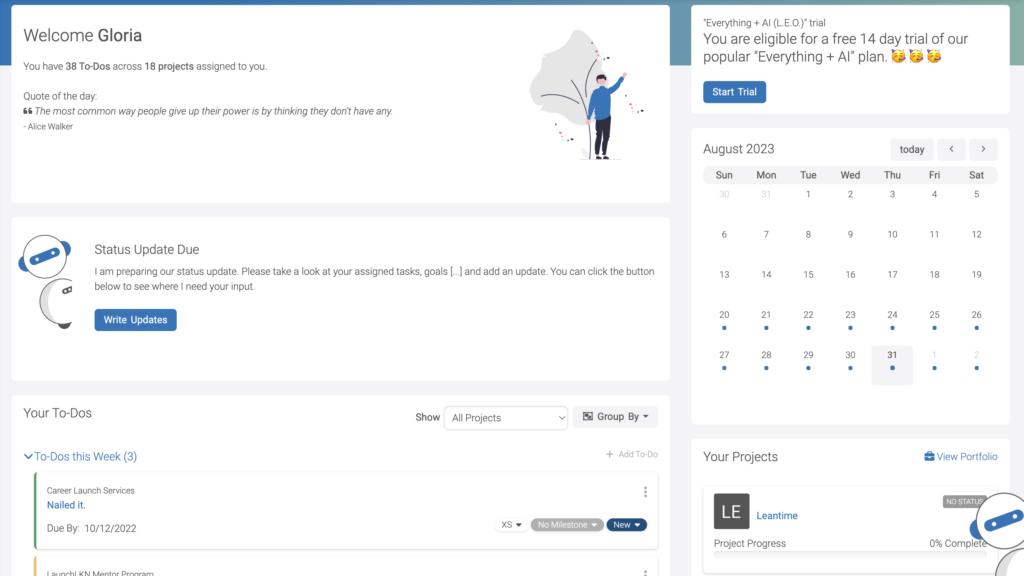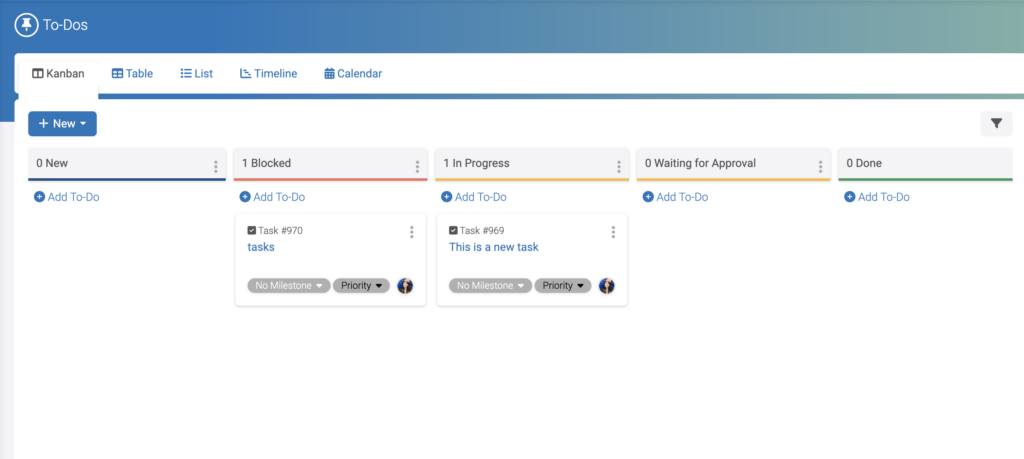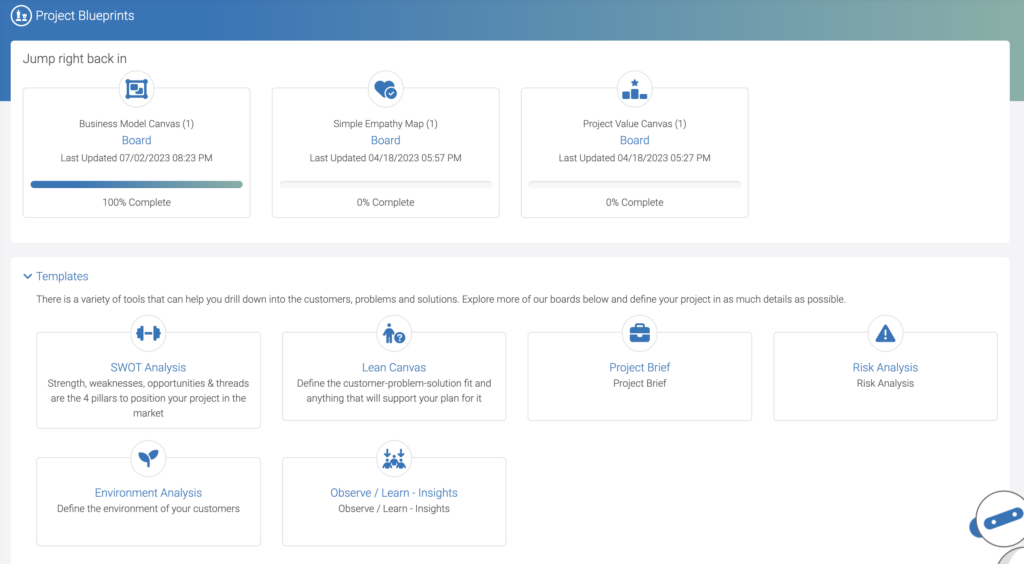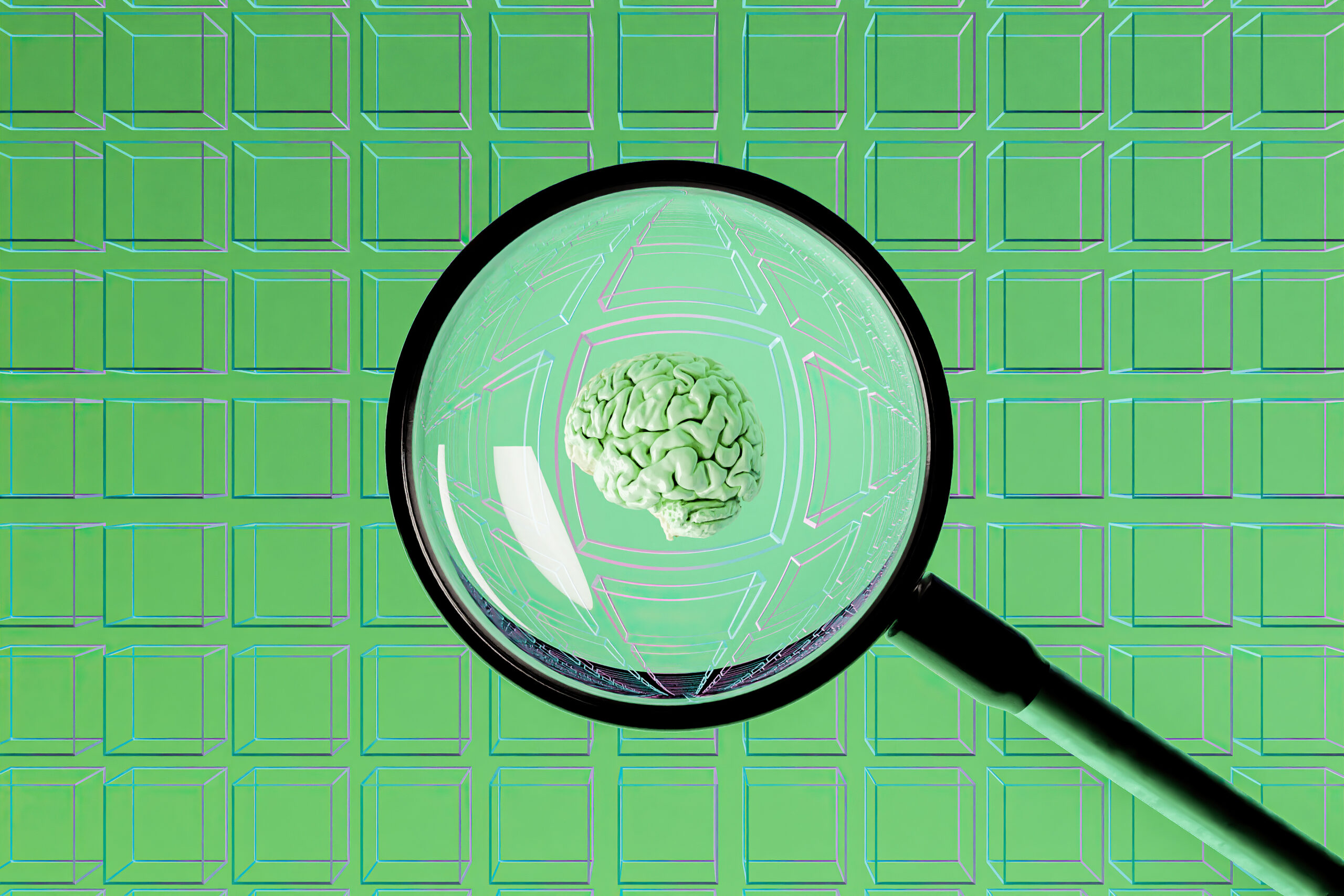Estimated reading time: 10 minutes
In today’s fast-paced world, it can be a real challenge to maintain focus and concentration. With so many distractions vying for our full attention span, it’s important to understand the factors that impact our focus and learn strategies to improve it.
By taking proactive steps to enhance our concentration, we can unlock our full potential and achieve greater productivity. In this article, we will explore the various factors that affect focus and delve into effective strategies to boost concentration.
Table of contents
Factors that Affect Concentration and Focus
Before we discuss how to do cognitive training to increase concentration and improve focus, let’s first understand the factors that can hinder our concentration. One major culprit is distractions.
Whether it’s the constant ping of notifications or the temptation to check social media notifications, distractions can easily derail our train of thought. To maintain focus, we need to be aware of the impact distractions can have on our concentration and take steps to minimize them.
Distractions come in many forms and can vary from person to person. For some, it may be the noise of a busy office or the chatter of colleagues. For others, it could be the background music or the lure of a nearby window with a beautiful view. Understanding what distracts us individually is crucial in finding ways to combat it.
In addition to external distractions, internal factors can also affect our focus. Stress, fatigue, sleep deprivation, and lack of motivation can all contribute to a wandering mind. When we are stressed or tired, our brain’s ability to concentrate diminishes, making it harder to stay focused on the task at hand. It’s important to recognize these internal factors and address them to improve our brain health and our ability to concentrate.
Another factor that can affect focus is multitasking. While many of us pride ourselves on our ability to juggle multiple tasks at once, research has shown that multitasking actually decreases productivity and impairs focus.
When we try to do too many things at once, our attention becomes divided, and we end up not giving our full focus to any one task. Learning to prioritize and how to focus better on one task at a time can greatly improve our ability to concentrate.
Furthermore, our physical environment plays a significant role in our ability to focus. Cluttered workspaces can be visually overwhelming and make it difficult to concentrate. On the other hand, a clean and organized workspace can create a sense of calm and help us stay focused.
Additionally, the lighting in our environment can also impact our concentration. Bright, natural light has been found to enhance focus and productivity, while dim or harsh lighting can cause eye strain and make it harder to concentrate.
Lastly, our mindset and attitude towards the task at hand can influence our ability to focus. If we approach a task with a negative mindset or lack of interest, concentrating becomes much harder. Finding ways to make the task more engaging or breaking it down into smaller, manageable chunks can help maintain focus and team motivation.
In conclusion, understanding the factors that affect focus, memory capacity and cognitive abilities is essential in improving our ability to concentrate. By minimizing distractions, addressing internal factors, avoiding multitasking, creating an optimal physical environment, and adopting a positive mindset, we can enhance our focus and achieve greater productivity in our daily lives.
What is Concentration?
Mental concentration, also known as focus or attention, refers to the ability to direct your cognitive resources toward a specific task, activity, or thought while filtering out distractions and irrelevant information. It involves maintaining a sustained and undivided attention on the task at hand, allowing you to process information more effectively, make decisions, and perform tasks efficiently.
Key Aspects of Mental Concentration
Mental concentration is the cornerstone of achieving both personal and professional goals, enabling us to harness our full potential in any endeavor. Whether you’re a student, professional, or anyone looking to improve their cognitive performance, understanding these key aspects will open the door to a more productive and focused mind.
Selective Attention
This is the ability to focus on one thing while ignoring other stimuli. It helps you filter out distractions and concentrate on the task that requires your attention.
Sustained Attention
This is the capacity to maintain focus on a task for an extended period of time. It’s essential for tasks that demand continuous effort and mental engagement.
Divided Attention
This refers to the ability to focus on multiple tasks or stimuli simultaneously. While our cognitive resources are limited, some tasks can be automated or require less conscious attention, allowing us to handle multiple things at once.
Task Switching
This involves shifting your attention and cognitive resources from one task to another. Efficient task switching requires mental flexibility and the ability to quickly adapt to new tasks.
Flow State
Also known as being “in the zone,” the flow state is characterized by complete immersion in a task, where time seems to pass quickly, and one’s sense of self-awareness diminishes. It’s often associated with high levels of concentration and optimal performance.
Factors that can affect mental concentration include external distractions (such as noise or interruptions), internal distractions (like wandering thoughts or worries), fatigue, stress, and the complexity of the task. Techniques like mindfulness meditation, time management strategies, creating a conducive environment, and practicing regular breaks can help improve and maintain mental concentration.
For people with ADHD (Attention Deficit Hyperactivity Disorder), concentration can be both a blessing and a curse. Concentration can be a challenge for someone with ADHD because attention can be more selective or even limited in attention span. On the flip side, people with ADHD are prone to “hyperfocus” and will be so focused in their activities that they may not be aware of time passing (time blindness).
Whether you have ADHD or are struggling to focus because of any of the other stressors of life, it is important to understand how mental concentration & focus impacts our daily activities such as: studying, working, problem-solving, and engaging in creative activities. Understanding the impact of our ability or inability to concentrate will allow you to process information more efficiently, make better decisions, and achieve higher levels of performance and productivity.
Factors of Poor Concentration and Focus
Are you wondering what things can impact focus? Here are five common factors that can affect your attention:
Distractions
External distractions, such as noise, interruptions, electronic devices, or a cluttered environment, can divert your attention away from the task at hand. Internal distractions, like worries, daydreaming, or personal concerns, can also hinder your attention span.
Lack of Sleep
Sleep plays a vital role in cognitive function, including attention and concentration. Insufficient or poor-quality sleep can lead to cognitive fatigue, making it difficult to stay focused and alert during tasks. Not getting enough sleep can be so impacting that it’s been compared to driving drunk. Just another reason to get a good night’s sleep.
Stress and Anxiety
High levels of stress and anxiety can occupy your mind with worrisome thoughts, making it challenging to concentrate on other tasks. Stress hormones can also impact brain function, affecting your ability to focus.
Multitasking
While some people believe they are good at multitasking, the brain actually works more efficiently when focusing on one task at a time. Attempting to juggle multiple tasks can lead to divided attention and reduced overall performance. It can even be harder to reset our brains back to focus each time we switch. Each time we multitask, it comes with a switching cost of time and focus.
Nutrition and Hydration
Proper nutrition and hydration are essential for optimal brain function. In fact, in humans, the brain accounts for ~2% of the body weight, [1] but it consumes ~20% of glucose-derived energy. Without the proper glucose levels and nutrition, the brain (and our ability to focus) can be impacted.
Fatigue
Physical or mental fatigue can lead to reduced cognitive function, making it harder to maintain focus.
Health Conditions
Certain medical conditions, such as attention deficit hyperactivity disorder (ADHD), depression, and anxiety disorders, can impact attention and concentration.
Medications
Some medications can have side effects that affect cognitive function, including attention problems.
Boredom
Engaging in tasks that are repetitive, uninteresting, or lack challenge can lead to decreased attention and motivation.
Lack of Interest
If a task doesn’t capture your interest or is perceived as irrelevant, it can be difficult to sustain attention on it. This is especially true for people with ADHD.
Lack of Physical Activity
Regular physical activity and aerobic exercise is linked to improved cognitive function, including attention and concentration. Sedentary lifestyles can have the opposite effect.
Digital Devices
Excessive use of smartphones, computers, and other digital devices can lead to a phenomenon known as “digital distraction,” where constant notifications and rapid information consumption make it hard to maintain focus. This constant stimulation can make it harder for our brains to slow down.
How to Focus Better
In today’s fast-paced world, having the ability to focus and concentrate is crucial. With numerous distractions trying to grab our attention, staying focused on the task at hand can be challenging.
Nevertheless, by adopting effective strategies, you can enhance your concentration ability, eliminate distractions, reduce stress, and increase your productivity.
Are you looking to sharpen your focus and boost your productivity? Discover “How to Focus Better: Top Strategies That Work” as we’ll explore proven techniques that can transform your concentration and efficiency, from creating the right environment to harnessing the power of mindfulness. These actionable tips are designed to help you minimize distractions and maximize your potential.
Stay Focused with Leantime
Leantime provides a comprehensive summary of all your tasks, irrespective of the projects they belong to. This summary helps you to create a daily action plan by prioritizing your tasks, allocating time slots and tracking progress. With this tool, you can remain focused on what matters the most every day.

Stay Organized with Multiple To-Do Views
Leantime understands the importance of catering to different types of brains. Hence, it offers various types of task views such as Kanban board, List, Table, Calendar, and Timeline (milestone & Gantt chart style) overviews. This makes it an excellent tool for maintaining focus. By visualizing your tasks in a way that suits you, you can effectively plan your day, ensuring that you give the necessary attention to your important tasks.

Implement better planning with Leantime for the Big Picture
Planning is a great way to exercise our minds as we strategize and organize the things that matter to us. By planning ahead, we gain a deeper understanding of the purpose behind our actions and this can help us to stay focused and satisfied in the workplace. When we have a clear understanding of what we’re doing, we can prioritize our tasks more effectively and achieve our goals efficiently.
Explore all the features Leantime offers.
In Leantime, this looks like Project Blueprints or Strategy boards — showcasing the why and what of work while we move to execute the how.

Final Thought
Ultimately, by understanding the factors that impact focus and implementing effective strategies, you can boost and improve your concentration and achieve greater productivity. Remember to simplify your workload, streamline tasks with automation, track your time, craft a personalized to-do list, minimize distractions, enhance information retrieval through note-taking, and centralize your work with a productivity tool like Leantime. With these strategies and features, you can cultivate your productivity potential by cultivating focus.
For more information about Leantime and its features for productivity, be sure to try the tool. Using neuroscience and behavioral science to improve focus and intrinsic motivation, Leantime is built for productivity, motivation, and for cognitive accessibility.
Resources:
[1] Mergenthaler P, Lindauer U, Dienel GA, Meisel A. Sugar for the brain: the role of glucose in physiological and pathological brain function. Trends Neurosci. 2013 Oct;36(10):587-97. doi: 10.1016/j.tins.2013.07.001. Epub 2013 Aug 20. PMID: 23968694; PMCID: PMC3900881.



